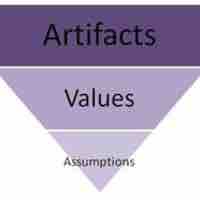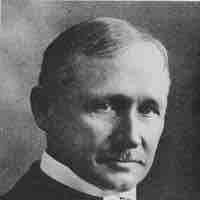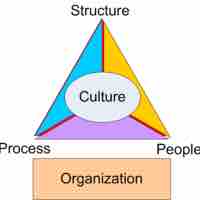Chapter 3
Organizational Theory
By Boundless

Organizational behavior is the field of study that investigates how organizational structures affect behavior within organizations.
.jpg)
Organizational theory studies organizations to identify how they solve problems and how they maximize efficiency and productivity.

The classical perspective focuses on direct inputs to efficiency, while the behavioral perspective examines indirect inputs too.

Scientific management focuses on improving efficiency and output through scientific studies of workers' processes.

Weber's bureaucracy focused on creating rules and regulations to simplify complex procedures in societies and workplaces.

Fayol's approach differed from scientific management in that it focused on efficiency through management training and behavioral characteristics.

The classical approach to management is often criticized for viewing a worker as a mere tool to improve efficiency.

Behavioral science uses research and the scientific method to determine and understand behavior in the workplace.

Behaviorism initiated a focus on the psychological and human factors influencing workers.

The Hawthorne studies found that workers were more responsive to group involvement and managerial attention than to financial incentives.
McGregor introduced Theories X and Y, which summarize and compare the classical management and behavioral management perspectives.

Argyris's theory of single- and double-loop learning has been applied to management theory to suggest the best ways for employees to learn.

Quantitative tools are used by management to determine where a company is doing well or struggling compared to the industry and competitors.

Six Sigma and Lean are two popular operations-management theories that help managers improve the efficiency of their production processes.
Systems thinking is an approach to problem solving that considers the overall system instead of focusing on specific parts of a system.

The contingency viewpoint of management proposes that there is no standard for management; instead, management depends on the situation.

Quality assurance and quality control are intended to ensure that products are created with the fewest number of defects possible.

Evidence-based management emphasizes the importance of managers using the scientific method to make decisions.

Knowledge management and behavior modification are tactics employers use to ensure organizational growth and adaptability.
Change management facilitates employee adaptation to organizational change.
Managers play a number of roles in evolving organizations, including leader, negotiator, figurehead, liaison, and communicator.